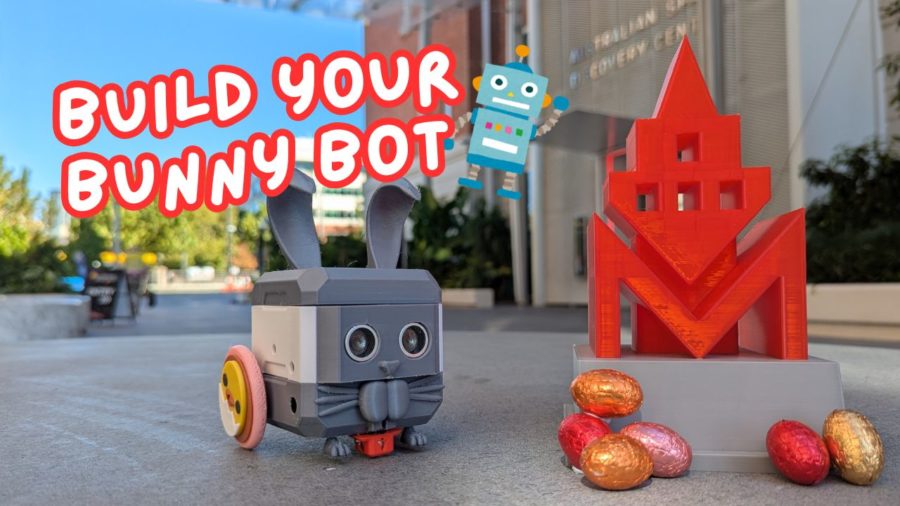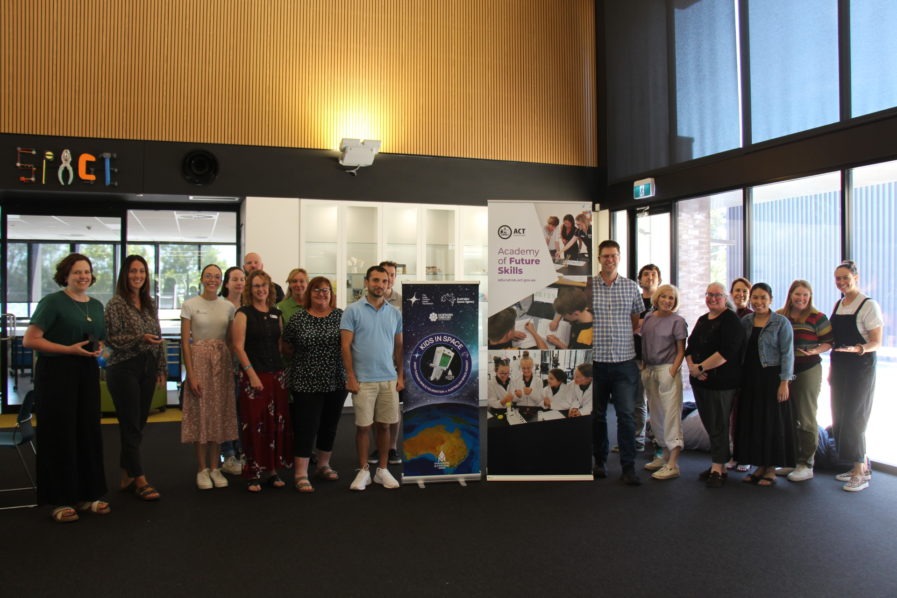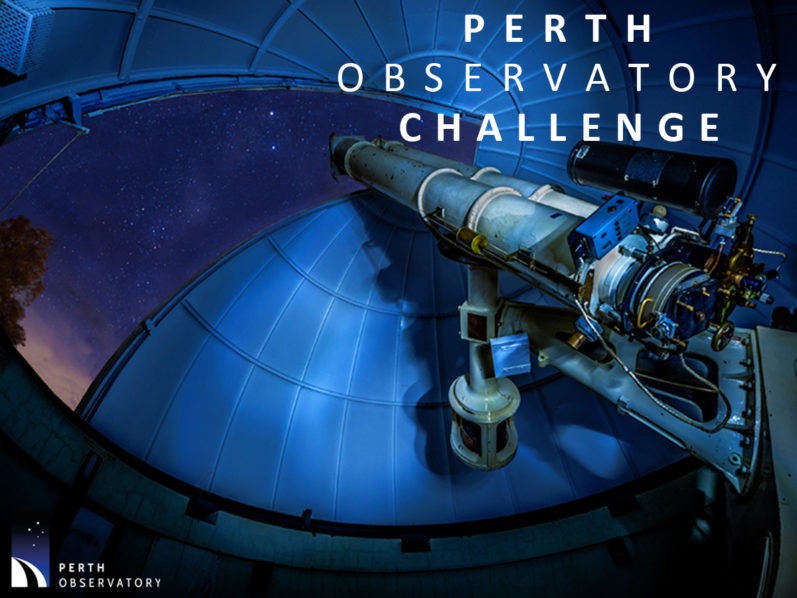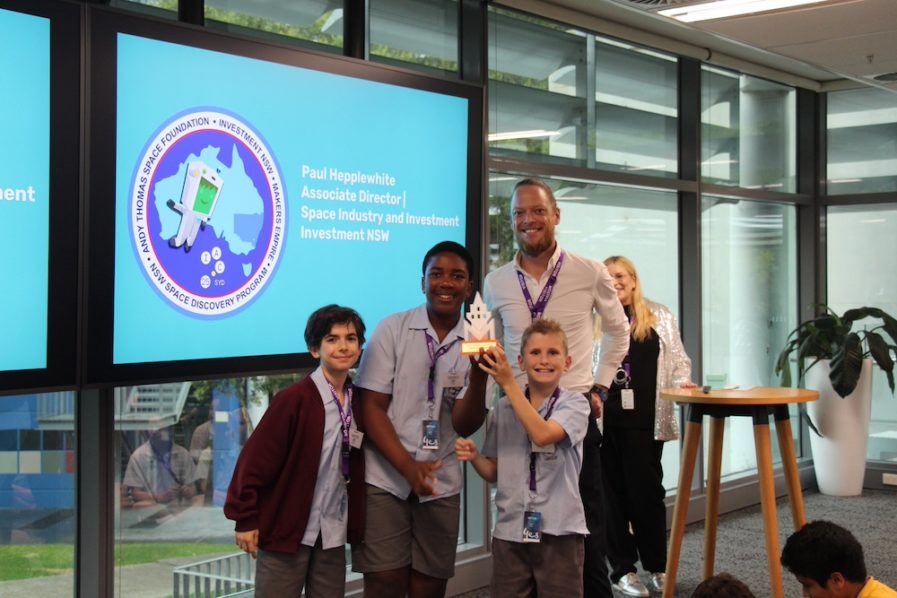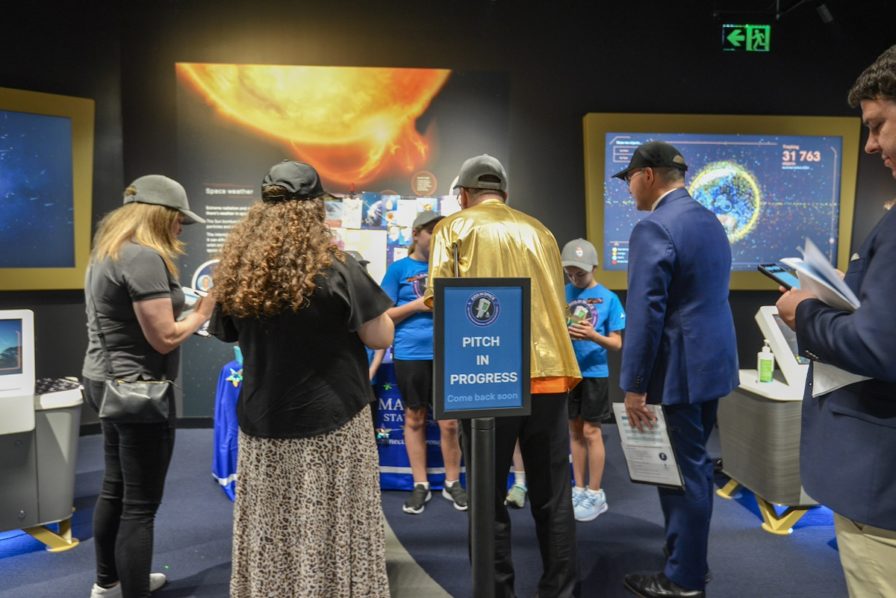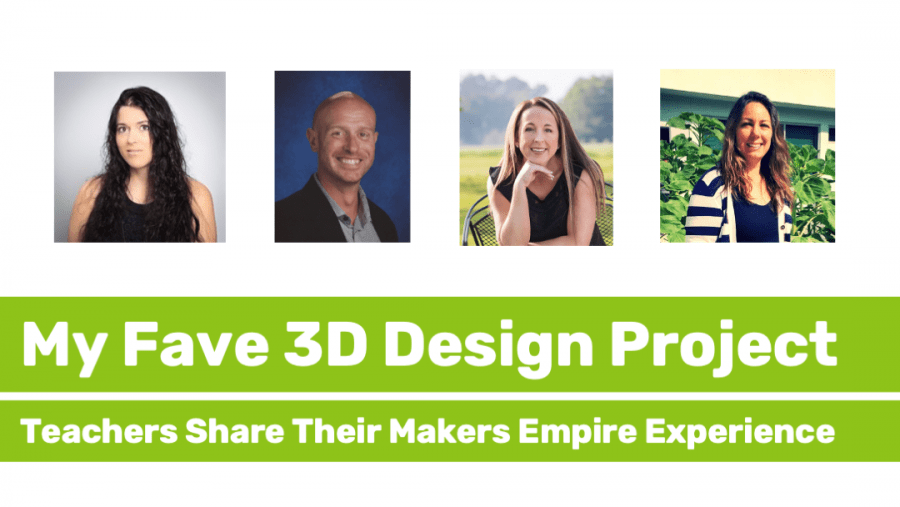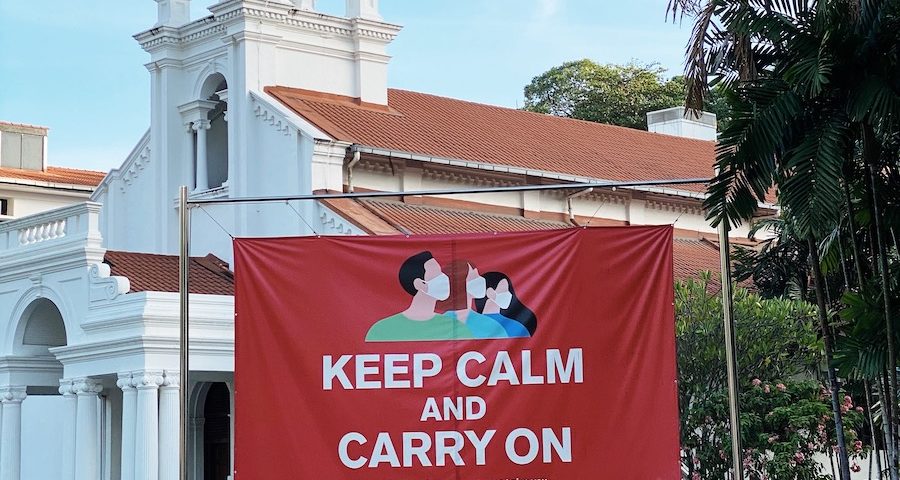Makers Empire is delighted to announce a Ministry of Education school pilot in Israel as part of a municipal initiative by Rishon LeZion Municipality’s Education Department. Rishon LeZion is the fourth-largest city in Israel with 53 elementary schools. The Makers Empire pilot is being led, monitored and evaluation by the Technology and Innovation Department at the Ministry of Education, which is headed up by Eytan Kleinman.
The pilot began this January at Rishon LeZion’s Yadlin School as part of its STEM and tech innovation curriculum. Pilot planning, implementation and teacher training will be delivered by Nirit Hann, an EdTech specialist at the central district, and supported by the Rishon LeZion Education Department.
We recently spoke with Noa Lahav, the pilot lead at the Ministry of Education’s Innovation Division, and the two teachers who will be using Makers Empire at Yadlin School:
- Anna Yungi is a teacher with 18 years of experience. She has an M.Ed in Mathematics for elementary schools. She is currently a fifth grade educator and also teaches Mathematics, Technology Computational Thinking and Robotics.
- Maya Zuker has 16 years of experience as a teacher. She is a graduate of a Design program in academic studies, with a Masters Degree in Visual Digital Arts. She teaches Design and Art, Computer Science and Robotics in elementary school. She is a seventh grade educator and a member of the school’s steering committee. Eytan Kleinman

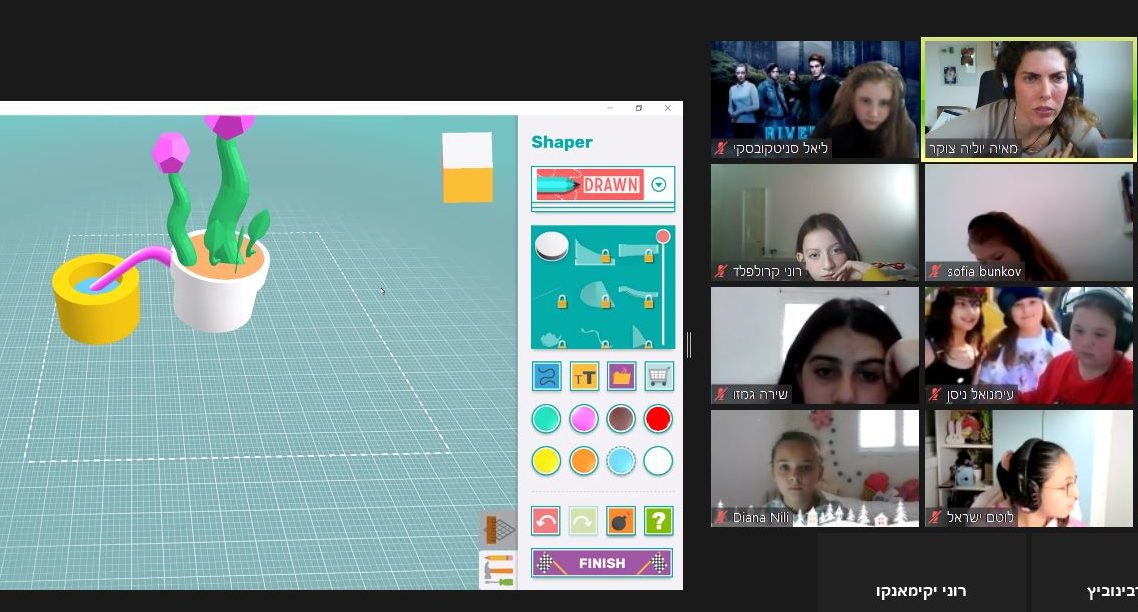




What do you enjoy most about teaching?
Anna: We enjoy in our work the process of creative thinking. Our drive is to invent and create new curricula that combines creation, technological thinking and designing.
Maya: We strive in our programs to enable ongoing interactions of solving technological problems, teamwork and planning, learning new software and tools and incorporating them into teaching. Our unique position as digital leaders in our school allows us to engage in building courses and writing fun challenges.
What are you hoping to achieve with this pilot?
Noa: We’re learning from the pilot at the municipal level – the planning, implementation and waiting for feedback. We’re hoping for positive results so we can start thinking of moving forward (with further programs) after the pilot.
Maya: The Makers Empire pilot was a perfect fit for my plans this year and came just in time – when I had to start teaching Artech to six graders by distance learning, knowing that my major focus will be digital arts. My campus subject was Urban Space Design in line with Childrens’ Rights, and I found various matching challenges in Makers Empire app. My goal is to ignite creativity and let students create with their imagination but also take into consideration critical thinking skills.
Anna: This year has been different in so many ways. My campuses are usually focused on 3D printing and product design stages, having students experience by trial and error the process. When distance learning and lockdowns started I realized that the campus syllabus should adapt to the new situation. The wonderful opportunity we got with this Makers Empire pilot allowed me to practice 3D modeling and design process with my students without compromising my teaching goals. With this pilot program I expect my students to strengthen their digital design skills, learn from experience, work in teams and collaborate with friends.
What are the key learning areas that you hope to cover?
Anna: As a Tech specialized teacher, I plan to use Makers Empire 3D app to carry out the Technology and Design Thinking campus, with various challenges and missions that the students will be active in, inventing tech products and solving problems . As a Math teacher I will use the visualization aids in the program to teach about geometry shapes, volume, perspective and different measurements.
Maya: I see a great opportunity for students to take a participative role in my Artech classes. I believe a fantastic way to learn is when students manage their own learning process and take responsibility for their progress. Therefore, the challenges they receive should be suitable for their abilities and yet targeted to level up their skills. Makers Empire let’s each student work at their own pace and choose missions that interest them.
How will you assess the pilot?
Noa: We will assess the pilot in the following ways:
- Teachers’ self-reports:
- Contribution to the learning process
- Cooperation of students and their level of satisfaction.
- Students’ willingness practice their learning
- Students’ willingness to exchange “screen time” with “learning time” after school hours.
- Willingness to continue teaching with this tool after the pilot has ended
- Teachers’ feedback (open ended question):
- Positive feedback – what went well and should continue
- Points for improvements.
- Students’ self reports:
- Level of engagement and interest
- Willingness to practice
- Students’ willingness to exchange “screen time” with “learning time” after school hours.
- Students’ feedback (optional open-ended question) – comments and thoughts on the activity
What would a successful pilot look like for you?
Anna: A successful pilot would be to see the students follow through the mission and create a design that involves the collaborative work of all of the groups in the class. The social distancing and harsh year of learning from home has been very challenging and I wish to see their hard work come to life when they put all their design parts together and display their creation in school.
Maya: I am very proud of my students’ persistence. They made good progress in Makers Empire 3D app by following the tutorials, trying out and exploring ME worlds. I gave them several challenges that involved problem-solving and creative thinking, and the next stage would be to see their design come to life as we print them in the 3D printer at school and display them.

